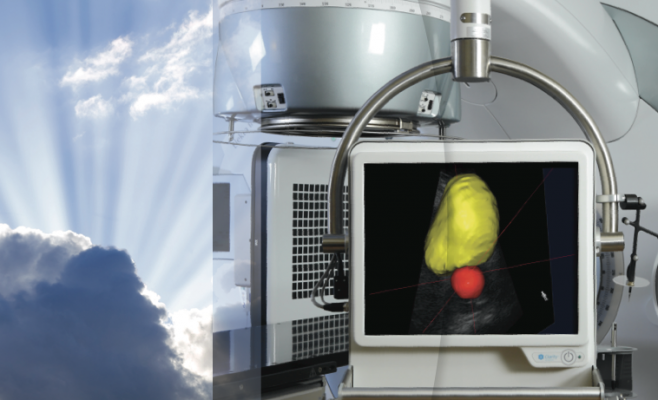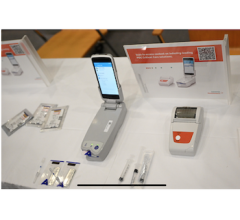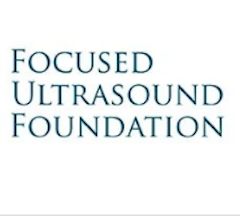
February 21, 2012 — Clarity soft tissue visualization system now provides an autoscan option for automated ultrasound scanning from outside of the treatment room, employing a motorized probe positioned at the patient's perineum. The transperineal approach also benefits planning by providing a clear view of the prostate and surrounding critical areas, such as the penile bulb, thought to be responsible for erectile function. Clearly visualizing these pelvic structures could enable physicians to create plans with tighter margins around intended targets, thus avoiding exposure to uninvolved tissues, including the penile bulb.
Elekta recently received 510(k) clearance from the U.S. Food and Drug Administration (FDA) for Clarity with Autoscan, enabling United States medical centers to implement this new ultrasound scanning innovation.
Clarity with Autoscan provides a flexible alternative to traditional hand-held scanning and is the ideal platform on which to build future live (i.e. real time) imaging applications that will track the prostate and surrounding anatomy during treatment. Live imaging has become increasingly important for physicians wanting to pursue reduced margin hypofractionated therapy. Clarity with Autoscan, as well as live-imaging works-in-progress, will be part of the Elekta product portfolio highlighted at the Radiosurgery Society meeting in Carlsbad, Calif., Feb. 23-25.
Clinicians at Fletcher Allen Health Care (FAHC), in Burlington, Vt., have been evaluating Clarity with Autoscan in clinical trials are excited about Elekta's latest innovation for soft-tissue imaging in radiation therapy.
"In our experience, patients have found transperineal scanning to be more comfortable than transabdominal ultrasound, because it doesn't require pressing the ultrasound probe on a full bladder," says FAHC radiation oncologist James Wallace, M.D. "The images we acquire truly are remarkable and the therapists say setup is very user-friendly. In addition, we are excited to begin assessing the impact of real-time autoscan, which will enable us to use Clarity to track prostate motion in real-time during treatment, facilitating 'on-the-fly' adjustments to patient position."
For more information: www.elekta.com


 February 05, 2026
February 05, 2026 









